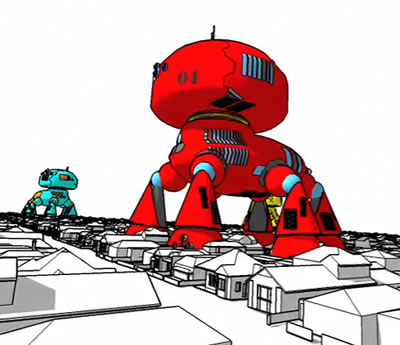August 2013, at one of Tokyo's 200 Denny's
re-imagining this scene from several years ago, makes me smile. I was
at a Denny's in Tokyo, open all night, I spent a lot of time there
because I needed to study and there wasn't enough space in our tiny
apartment. (Murakami portrayed the night-time Denny's in his novel After
Dark + no doubt it influenced me). (Very different from the Denny's in
the US, at the Japanese Denny's the food portions are very small, no
fried food smell, the floor is linoleum instead of carpet...)
--------------
the adults who come into this sparkling clean restaurant at midnight, or 1 or 2 or 3am
most come in individually, slowly, dressed nicely. occassionally a young couple comes in
with the exception of the young couples, everyone disperses themselves out over the large restaurant ("personal space")
they sit in the floral-patterned plastic-covered booths that are divided by sheets of glass. (huge booths that seem out of place in such a condensed city)
shortly after they sit down they look at the very large illustrated menu and press the plastic brown buzzer-bell
ding-dong
a sleepy-faced waiter/waitress, wearing a brown apron, quickly shuffles over and bows
they all order something similar: something small and inexpensive--an orange juice, a lemonade, a green tea, a red-bean sundae. (This purchase allows them to sit at the booth for as long as they want.)
they consume their drink/ice cream very slowly;
most of them stay sitting there for hours after they've finished eating/drinking, there's no hurry
some quietly get up to use the bathroom
some cross their arms on the table and fall asleep
others stare ahead at their cell phone
the couples, sitting in front of one another with good posture, talk quietly, almost whispering
a middle-aged woman sitting alone with a long face. I wonder if she had an argument with a special person...
and there are a few like me who are typing on their laptop, waiting for the sleepy feeling, in order to walk home


